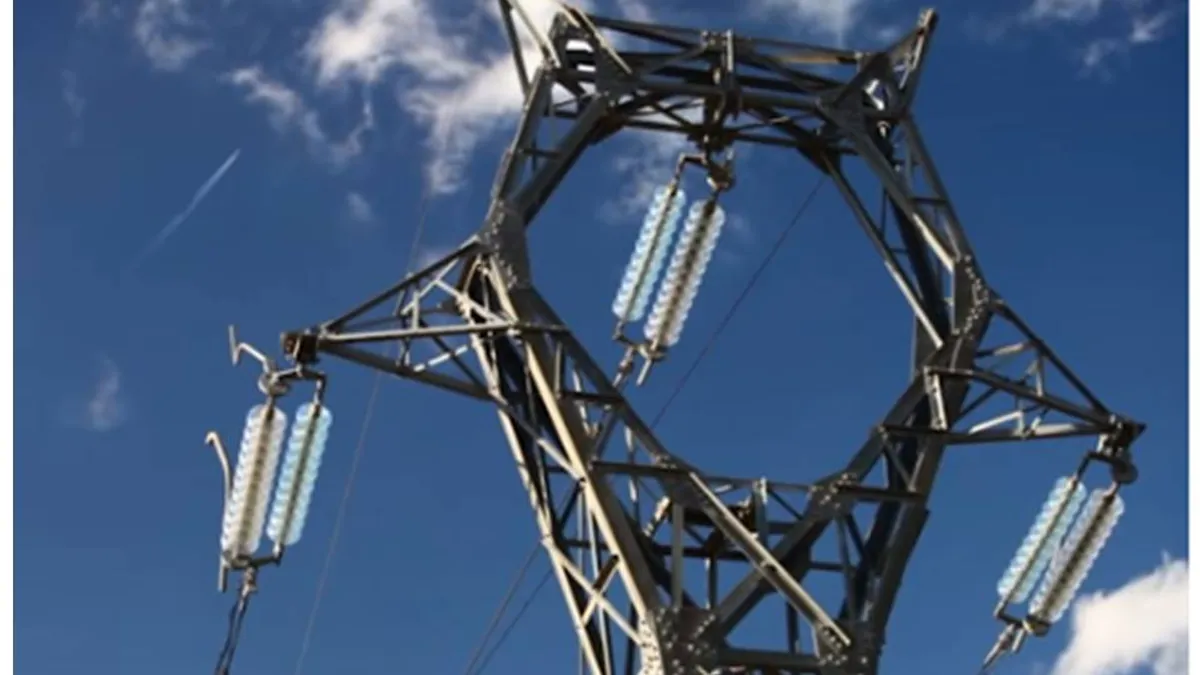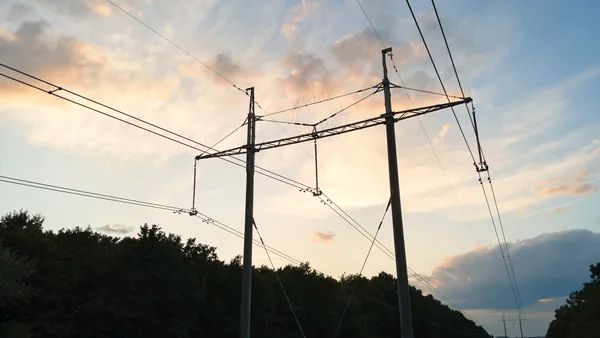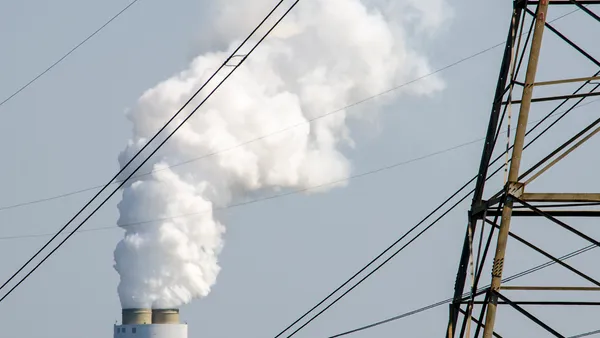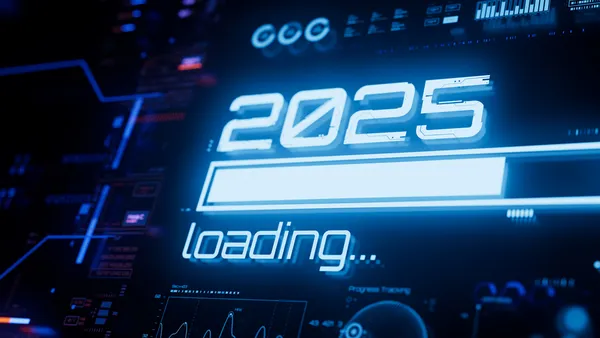Dive Brief:
- An official from the Edison Electric Institute told a Senate committee this week that the industry is working with the federal government to guard against the possibility of an electromagnetic pulse (EMP) attack that could potentially create a widespread blackout.
- The Electric Power Research Institute has joined forces with the Department of Energy in a "major collaborative research effort," EEI's Scott Aaronson told lawmakers.
- But Aaronson, who serves as EEI's managing director for cyber and infrastructure security, also tempered his testimony, reminding senators that so far in the United States squirrels have created more blackouts than terrorists.
Dive Insight:
The power sector is concerned about the potential for a wide range of physical and cyberattacks on the U.S. grid, but this week Aaronson told lawmakers the industry is taking a special interest in the possibility that a a man-made EMP, "either from a high-altitude nuclear blast or a so-called 'directed energy' weapon," could cause a blackout.
Aaronson said the Electricity Subsector Coordinating Council, a working group of 21 power company CEOs and 9 industry associations, has been working with the federal government "to enhance our understanding of system impact should such an attack occur and to explore the effectiveness of mitigation strategies."
In prepared testimony before the Senate Committee on Homeland Security and Governmental Affairs, Aaronson said the project will allow grid-specific research to develop and deploy technologies that will increase grid resilience and accelerate recovery.
The sector has been focused on grid security in the last year, and Aaronson noted that "security cannot be static; threats evolve and so must we." In addition to physical threats, cyberthreats are now a major concern.
Last year, a simulated attack on the North American electric grid revealed soft spots in the grid's defenses, despite significant progress. The North American Electric Reliability Corp.'s GridEx III exercise involved 4,400 individuals from 364 organizations, and revealed the need for greater communication and coordination between industry and government.
Butt Aaronson also reminded lawmakers that so far the industry has done a good job of safeguarding the nation's power sector.
“There are a lot of threats to the grid … from squirrels to nation states,” he said, according to the Washington Free Beacon. “And frankly, there have been more blackouts as a result of squirrels [gnawing wire insulation] than there are from nation states.”















